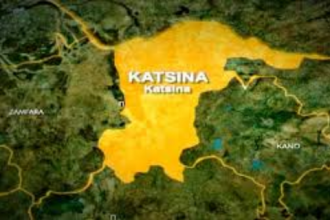The Federal Ministry of Education, acting on behalf of the Federal Government, took a significant step on Tuesday by establishing an inter-ministerial committee aimed at addressing the pervasive issue of degree scandals in the country.
The Director of Press and Public Relations for the ministry, Ben Goong, officially communicated this development to the media in Abuja.
In a statement, Goong announced, “Education Minister, Prof. Tahir Mamman, will inaugurate an inter-ministerial committee on degree mills later this afternoon.” The move underscores the government’s commitment to tackling the challenges posed by fraudulent degrees and ensuring the integrity of the educational system.
The decision to form the committee comes in the wake of heightened concerns spurred by an in-depth investigative report conducted by Umar Audu, a journalist with the Daily Nigerian newspaper.
Audu’s report shed light on the operations of degree mills in Benin Republic and Togo. In a disturbing revelation, Audu detailed his own experience, where he obtained a degree within an astonishing six weeks and successfully completed the mandatory youth service under the National Youth Service Corps scheme.
Highlighting the severity of the issue, Audu shared, “I reached out to the syndicate specializing in selling degree certificates in December 2022, graduated in February 2023, and was issued a Bachelor of Science in Mass Communication certificate from the Ecole Superieure de Gestion et de Technologies, Cotonou, Benin Republic.”
The investigative report prompted swift action from the Nigerian government, resulting in a ban on accrediting and evaluating degrees from Benin Republic and Togo.
Minister Mamman indicated that the government’s scrutiny would not be limited to these countries, stating, “President Bola Tinubu’s administration will further extend its searchlight to institutions in other African countries such as Ghana.”
The ban is anticipated to impact a substantial number of Nigerian students studying in Beninois and Togolese universities.
According to statistics provided by the National Association of Nigerian Students in Benin Republic and Togo, more than 10,900 Nigerian students are expected to be affected by the government’s prohibition.
Additionally, the National Universities Commission, the regulatory body overseeing universities in Nigeria, revealed that among the 58 universities facing suspension in the country, 18 are foreign-owned.











